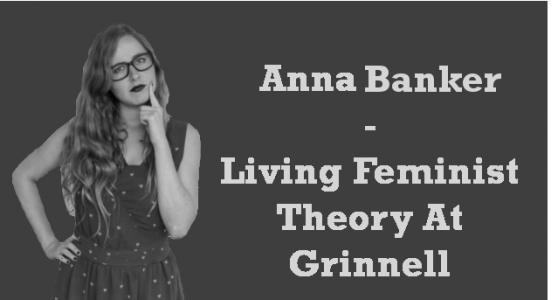It’s domestic violence—or more precisely, intimate partner violence—awareness month. This week’s column will identify and celebrate some of the recent efforts to combat this issue, in an effort to honor those who have been affected.
Domestic violence has become a popular issue in recent news and social media posts. I want to highlight and comment on two recent Internet trends: the purple purse campaign and the #WhyIStayed Twitter campaign.
The purple purse campaign is “making it fashionable to talk about domestic violence and the financial abuse that traps women in abusive relationships” (Allstate Foundation 2014). Scandal’s Kerry Washington serves as the spokeswoman and fashion icon for the campaign, and has carried the stylish purple purse to many reputable events. The Allstate foundation offers domestic violence survivors tools such as a financial empowerment curriculum, webinars and a career empowerment program to help them avoid the “invisible scars” of financial abuse from their partners. So far, the campaign has raised over 2,485,488 dollars for the cause.
Though I have my doubts about the motives of this campaign, I cannot help but celebrate the tremendous gains it has made for survivors of intimate partner violence. I feel immensely gratified that a major organization like Allstate Foundation is working on this issue. I wonder, however, if the rhetoric surrounding this campaign makes it amenable—and highly palatable—to an intensely neoliberal agenda. The campaign spreads a narrative dictating that if women buy a purple purse and thus contribute to the economy, their problems with domestic abuse may be ameliorated. I don’t necessarily contest this claim, but I want to draw attention to its firm location in a capitalist economy, in which women are primary consumers. Therefore, the commodification of feminist issues becomes an economic strategy—indeed, an economic imperative. So while I do (tentatively) support the Purple Purse campaign, I want to remain mindful of the larger neoliberal capitalist agenda it may be serving.
The other popular social media discussion of domestic and intimate partner violence has been happening over Twitter, through the #WhyIStayed campaign. This campaign emerged in response to Ray Rice’s act of violence against his wife Janay on Sept. 8—he brutally attacked her in an elevator and the footage was published. Janay Rice announced her intentions to stay with her husband, which was accompanied by scrutiny from the media and the feminist blogosphere. Many asked why a battered wife would choose to stay with a spouse who was so clearly abusive.
The answers poured in via Twitter, as women who had suffered from intimate partner violence used the hashtag #WhyIStayed to explain why they had chosen not to leave their abusive partners. Here are some of their reasons:
“I thought I wasn’t worthy of any other kind of love. #WhyIStayed.”
“Because he had already shredded my self worth with his words in a hundred subtle ways. #WhyIStayed.”
“#WhyIStayed because hope is like quicksand when dealing with abuse. The more u hope he changes the deeper you sink into believing it.”
“I believed I deserved it #whyIstayed, I knew my future didn’t #whyileft.”
“#whyIstayed I only knew how to live in the darkness of silence & secrets. #whyIleft I wanted to start living with the lights on.” (CNN, 09/17/2014).
This Twitter movement has given women an opportunity to speak out and start a conversation about intimate partner violence. I suggest that everyone read as many of these tweets as possible, to better understand the experience of living in an abusive relationship. This is an easy way for all of us to develop more empathy for domestic violence survivors.
At Grinnell, the Campus Advocates group headed by Deanna Shorb has led recent efforts to draw attention to intimate partner violence. On Wednesday night, the Advocates held a candlelight vigil in honor of domestic violence survivors. They have been speaking out in public forums about the horrors of this type of abuse, and starting conversations about how to change abusive relationship dynamics on campus. I applaud these efforts and encourage everyone to get involved. Join me in celebrating and supporting the brave students, faculty and staff who are leading this important feminist movement at Grinnell.
I know that 10/10 can be a crazy weekend for everyone, but please take at least several moments to send your positive energy, support and love to students—of any gender identity—who have suffered in this type of abusive relationship. My love and healing energies go out to all of you. Please stay strong and know that you are not alone.




















































